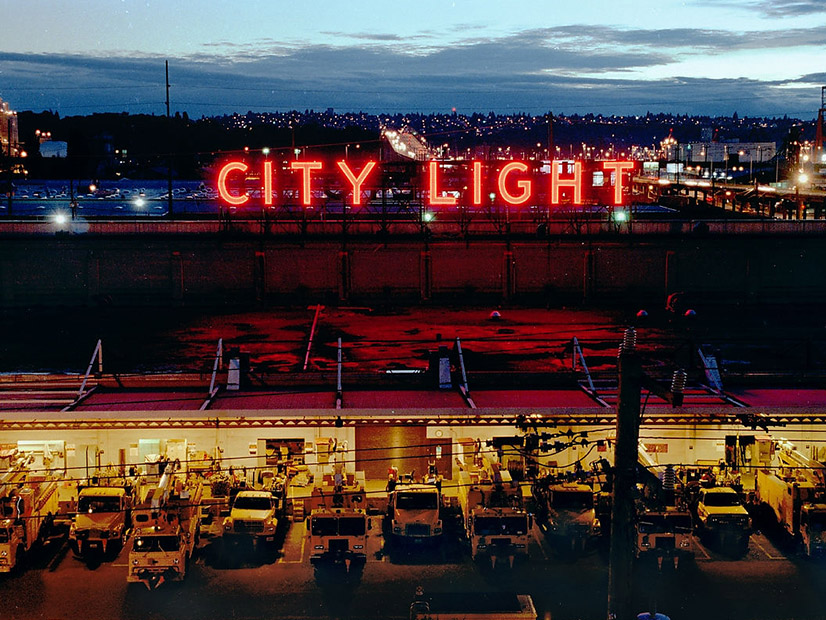
Municipal utility Seattle City Light wants the same legislative green light to manufacture hydrogen for fuel that Washington’s rural public utility districts (PUDs) have received.
In 2019, Washington’s legislature passed a law that allows the state’s PUDs to produce and distribute hydrogen. The state’s municipal utilities do not have that legal authorization.
“We would like municipal hydrogen authorization,” Mendy Droke, government and legislative affairs advisor for Seattle City Light, said Thursday at a briefing of the Washington House Environment and Energy Committee.
While committee members did not say whether they would tackle such a bill in their 2022 session, Droke’s statement addressed a question from Rep. Alex Ramel (D) about whether municipal utilities should have that authorization. Ramel is active in climate change legislation in Olympia.
Washington has no infrastructure to support fuel cell vehicles (FCEVs) powered by hydrogen.
But the Douglas County PUD plans to start operating a hydrogen manufacturing plant in the first quarter of 2022 along the eastern shore of the Columbia River in central Washington. The $25 million facility is expected to produce two tons of hydrogen per day with plans to expand when more output is needed. (See Wash. PUD Breaks Ground on Hydrogen Plant.)
“We want to make Douglas County a hotbed of hydrogen production,” PUD General Manager Gary Ivory said.
Two hydrogen refueling stations are on the drawing board in Douglas County and in Chehalis, which is south of Olympia. Both are slated to begin operating sometime in 2022. The first hydrogen-fueled vehicles in Washington will be a handful of buses to be operated by Twin Transit in Lewis County — which contains Chehalis — plus a few Douglas County PUD trucks.
By contrast, California has roughly 11,000 hydrogen-fueled vehicles and about 50 refueling stations, Jason Sekhon a senior consultant with Toyota North America, told the committee.
Sekhon said that Washington faces several challenges in bringing hydrogen-fueled vehicles to the state, including the current lack of local hydrogen production.
Sekhon said the state needs to build a hydrogen-refueling network prior to boosting the sales of the vehicles. Government agencies need to coordinate their refueling facilities so all agencies can use them. He added that tax exemptions should be set up for the earliest purchasers of hydrogen-fueled vehicles.
He said co-locating hydrogen refueling stations with gas stations is an easy path to take. A hydrogen-refueling station in California capable of handling 1,400 vehicles a day costs about $3 million to develop, roughly the same cost as an electric-vehicle charging center cable of handling the same volume of vehicles, he said. However, hydrogen refueling takes three to five minutes compared to up to 30 minutes for an electric recharging.
Seattle City Light and Tacoma Power plan to study getting into hydrogen vehicles and possibly production, said officials from those utilities.


